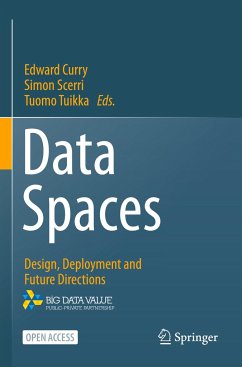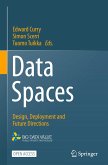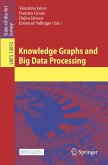This open access book aims to educate data space designers to understand what is required to create a successful data space. It explores cutting-edge theory, technologies, methodologies, and best practices for data spaces for both industrial and personal data and provides the reader with a basis for understanding the design, deployment, and future directions of data spaces.
The book captures the early lessons and experience in creating data spaces. It arranges these contributions into three parts covering design, deployment, and future directions respectively.
The first part explores the design space of data spaces. The single chapters detail the organisational design for data spaces, data platforms, data governance federated learning, personal data sharing, data marketplaces, and hybrid artificial intelligence for data spaces.The second part describes the use of data spaces within real-world deployments. Its chapters are co-authored with industry experts and include case studies of data spaces in sectors including industry 4.0, food safety, FinTech, health care, and energy.The third and final part details future directions for data spaces, including challenges and opportunities for common European data spaces and privacy-preserving techniques for trustworthy data sharing.
The book is of interest to two primary audiences: first, researchers interested in data management and data sharing, and second, practitioners and industry experts engaged in data-driven systems where the sharing and exchange of data within an ecosystem are critical.
The book captures the early lessons and experience in creating data spaces. It arranges these contributions into three parts covering design, deployment, and future directions respectively.
The first part explores the design space of data spaces. The single chapters detail the organisational design for data spaces, data platforms, data governance federated learning, personal data sharing, data marketplaces, and hybrid artificial intelligence for data spaces.The second part describes the use of data spaces within real-world deployments. Its chapters are co-authored with industry experts and include case studies of data spaces in sectors including industry 4.0, food safety, FinTech, health care, and energy.The third and final part details future directions for data spaces, including challenges and opportunities for common European data spaces and privacy-preserving techniques for trustworthy data sharing.
The book is of interest to two primary audiences: first, researchers interested in data management and data sharing, and second, practitioners and industry experts engaged in data-driven systems where the sharing and exchange of data within an ecosystem are critical.








